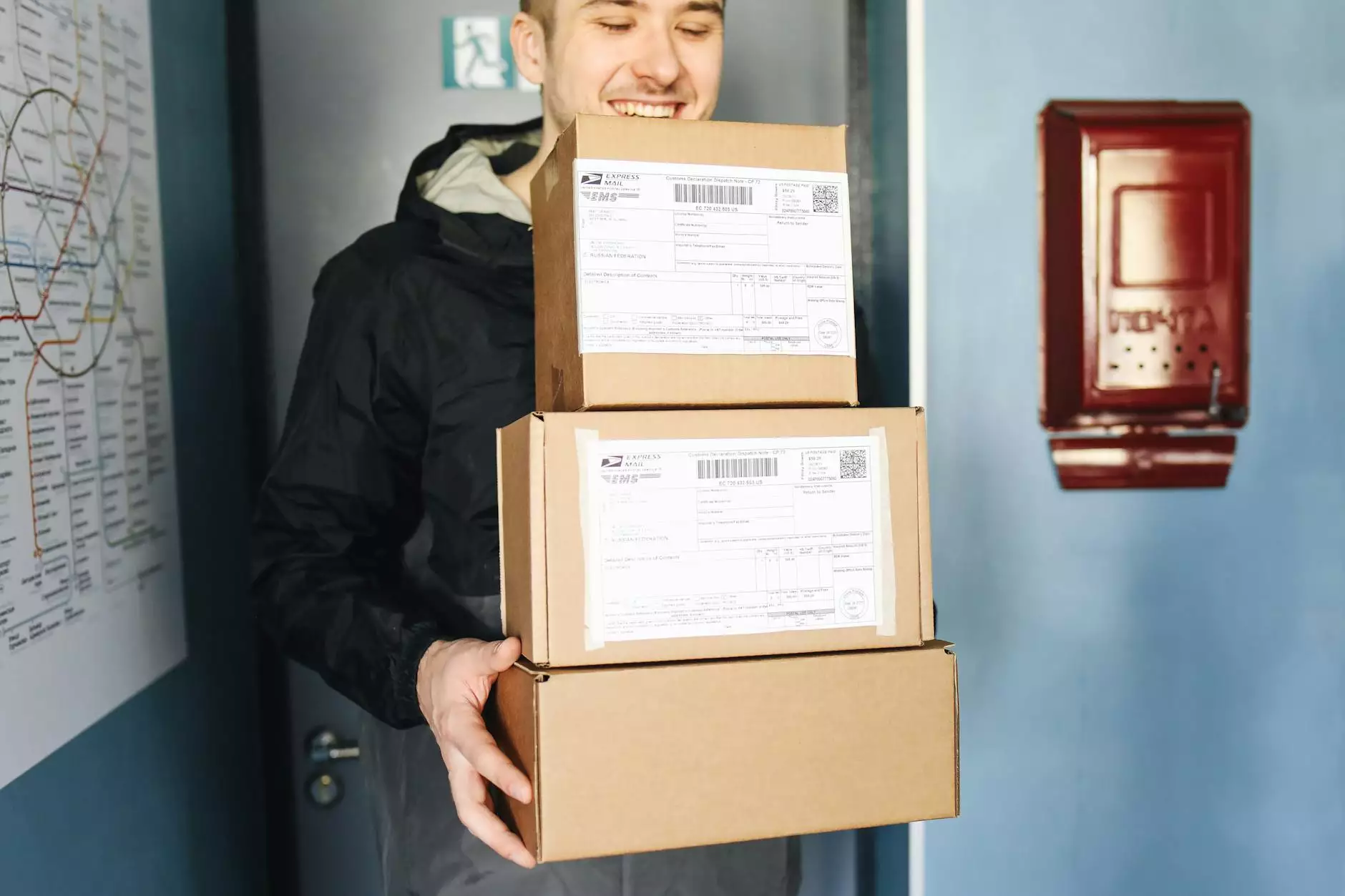The Essential Guide to Industrial Barcode Labels

Industrial barcode labels play a crucial role in today’s business landscape, offering seamless tracking and management of inventory across various sectors. In an age where efficiency and accuracy are paramount, these labels have become indispensable tools for companies striving to optimize their operations.
What are Industrial Barcode Labels?
Industrial barcode labels are specialized labels designed to hold printed barcodes that can be scanned by barcode readers. Unlike standard barcode labels, industrial labels are built to withstand harsh environmental conditions, making them ideal for manufacturing facilities, warehouses, and other demanding settings. They are created from durable materials that are resistant to moisture, chemicals, and extreme temperatures.
Key Features of Industrial Barcode Labels
- Durability: Made with robust materials to resist wear and tear.
- Customizability: Can be tailored to suit specific business requirements.
- Variety of Sizes: Available in various sizes to fit different applications.
- Adhesive Options: Various adhesive choices to ensure proper application on different surfaces.
Why Invest in Industrial Barcode Labels?
Investing in industrial barcode labels can yield significant returns for your business. Here are some compelling reasons to consider:
1. Enhanced Efficiency
The primary benefit of using industrial barcode labels is the enhancement of operational efficiency. By automating the data collection process, businesses can reduce manual entry errors, save time, and streamline their workflows. Scanning a barcode is far quicker than typing information into a computer system.
2. Improved Accuracy
With the use of industrial barcode labels, the likelihood of errors in inventory management decreases dramatically. Barcode scanners capture data accurately, ensuring that stock levels are correctly tracked and reconciled. This precision is essential for maintaining accurate records and avoiding costly mistakes.
3. Better Inventory Management
For businesses that need to track inventory levels meticulously, industrial barcode labels provide a robust solution. They allow for real-time tracking of inventory, enabling better decision-making regarding stock replenishment, inventory turnover, and reducing holding costs.
4. Cost-Effectiveness
The initial investment in industrial barcode labels and scanners can be offset by the long-term savings achieved through improved efficiency and accuracy. Many businesses find that the benefits far outweigh the costs, leading to a healthier bottom line.
Applications of Industrial Barcode Labels
Industrial barcode labels find applications across various industries. Here are some notable examples:
1. Manufacturing
In the manufacturing sector, industrial barcode labels are used to track parts and materials along the production line. Scanning barcodes enables manufacturers to maintain accurate inventories and streamline the assembly process.
2. Warehousing and Logistics
In warehousing, industrial barcode labels facilitate quick retrieval and shipment of goods. They are used to manage inbound and outbound inventory efficiently, reduce pick times, and improve order accuracy.
3. Retail
Many retailers utilize industrial barcode labels to manage product flow, track sales data, and maintain inventory levels. This ensures better stock management and enhances customer satisfaction by minimizing stockouts.
4. Healthcare
In healthcare settings, industrial barcode labels are critical for patient safety. They are used on medication containers and patient wristbands to ensure accurate medication administration and to track samples and lab results effectively.
Choosing the Right Industrial Barcode Labels
Selecting the appropriate industrial barcode labels for your business needs is essential. Consider the following factors:
1. Material
The material of the labels should match the environment they will be used in. For example, if the labels will be exposed to chemicals or moisture, look for labels made of polyamide or polyester.
2. Adhesive Strength
Different applications require different adhesive strengths. Ensure you choose labels that adhere well to the surfaces they’ll be applied to, whether they are smooth or textured.
3. Print Technology
Depending on your printing technology, choose labels compatible with thermal transfer or direct thermal printing, ensuring that your barcodes remain clear and scannable.
4. Size and Format
Select a size and format that can accommodate your barcode, ensuring it is visible and easy to scan. Many labeling solutions offer customizable sizes to fit your specific requirements.









